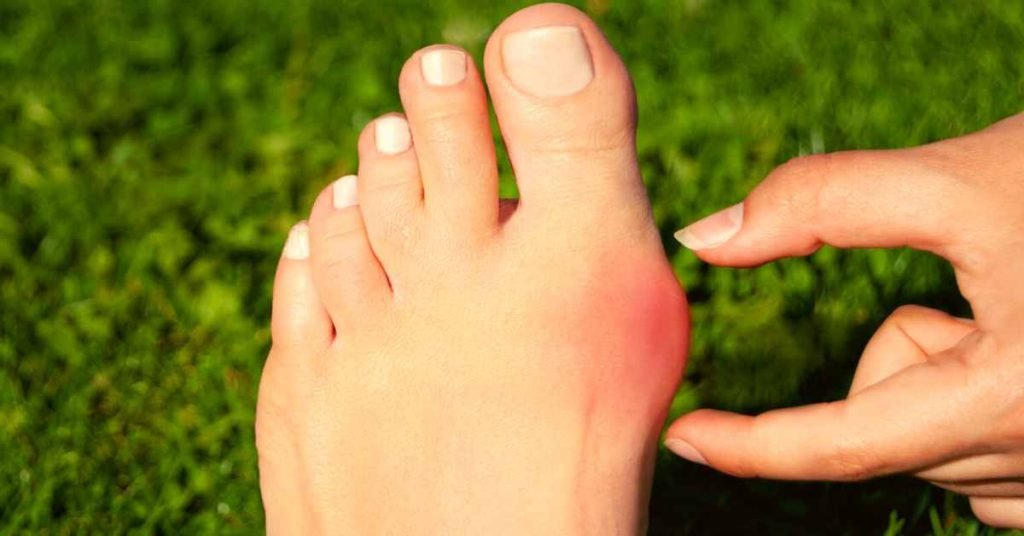Bunions are a common and often painful foot condition that affects millions of people worldwide.
Characterized by the protrusion of the big toe joint, bunions can cause discomfort, limited mobility, and a decreased quality of life.
While medical treatments like surgery and orthotics are available, many individuals seek natural remedies to alleviate their bunion-related pain.
One such remedy is tea.
In this article, we’ll explore the potential benefits of using tea for bunions, the types of tea that may be most effective, and some additional tips to manage this condition.
Understanding Bunions
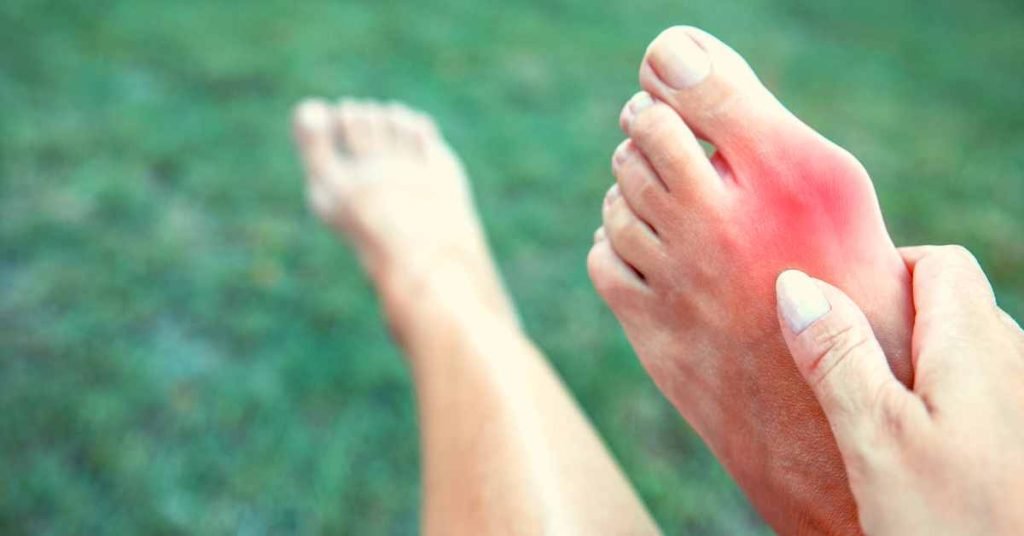
Before delving into the benefits of tea, it’s essential to understand what bunions are and what causes them.
Medically known as Hallux Valgus, bunion is a bony bump that forms at the base of the big toe. It occurs when the big toe leans toward the second toe, causing the joint to protrude.
This misalignment can lead to pain, swelling, and difficulty walking or fitting into regular shoes. Bunions often develop due to various factors, including:
- Genetics: If bunions run in your family, you may have a higher risk of developing them.
- Improper footwear: Wearing tight, narrow, or high-heeled shoes can exacerbate bunion formation.
- Arthritis: Some types of arthritis can increase the risk of bunions.
- Foot structure: Certain foot shapes, like flat feet, can contribute to bunion development.
- Overpronation: Excessive rolling of the foot inward while walking can lead to bunions.
Tea and Bunion Relief
Tea has been a popular remedy for various ailments for centuries, thanks to its numerous health benefits.
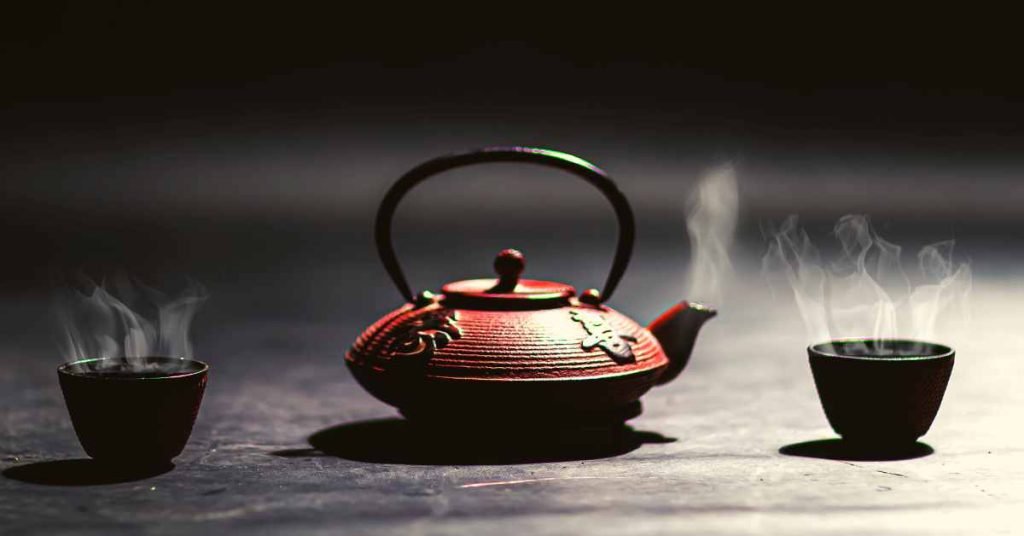
While there isn’t a cure for bunions, tea can help manage the symptoms and provide relief in several ways:
- Anti-inflammatory properties: Many types of tea, particularly herbal teas like chamomile and turmeric, possess anti-inflammatory properties. Inflammation is a primary driver of bunion-related pain, and reducing it can alleviate discomfort.
- Pain relief: Certain teas, such as ginger and willow bark tea, can help alleviate pain associated with bunions. These natural pain relievers work in a similar way to over-the-counter medications but without the potential side effects.
- Improved circulation: Teas like ginkgo biloba and hawthorn berry tea may help improve blood circulation in the feet. Proper circulation can reduce swelling and promote overall foot health.
- Relaxation and stress relief: Managing stress is essential for bunion sufferers because stress can exacerbate pain. Herbal teas such as chamomile and lavender can promote relaxation and reduce stress levels.
- Hydration: Proper hydration is vital for overall health, and it’s especially important for individuals with bunions. Drinking plenty of tea can contribute to your daily fluid intake, helping to keep the joints lubricated.
Types of Tea for Bunion Relief
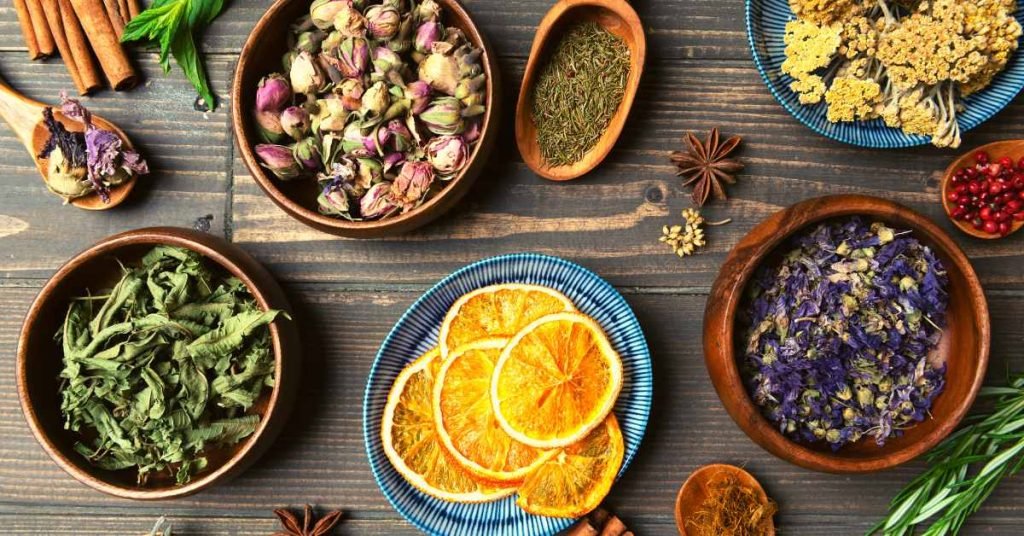
- Chamomile Tea: Chamomile is renowned for its anti-inflammatory and relaxing properties. It can help reduce pain and swelling associated with bunions. To use chamomile tea for bunion relief, steep a chamomile tea bag in hot water for a few minutes, then let it cool. Soak a clean cloth in the cooled tea and apply it to the affected area for about 15 minutes.
- Turmeric Tea: Turmeric contains a powerful anti-inflammatory compound called curcumin. Drinking turmeric tea regularly can help reduce bunion-related inflammation. You can make turmeric tea by adding a teaspoon of turmeric powder to hot water, along with a bit of honey and lemon for flavor.
- Ginger Tea: Ginger has analgesic properties that can provide pain relief for bunion sufferers. It also possesses anti-inflammatory effects. Simply grate a small piece of fresh ginger, steep it in hot water, and add honey for taste.
- Willow Bark Tea: Willow bark is packed with salicin, a natural compound with the same properties of aspirin. It alleviates pain and discomfort associated with bunions. Steep a teaspoon of dried willow bark in hot water for 10-15 minutes.
- Ginkgo Biloba Tea: Ginkgo biloba improves circulation and can help reduce swelling in the feet. Regularly drinking ginkgo biloba tea may contribute to better bunion management.
Additional Tips for Bunion Management
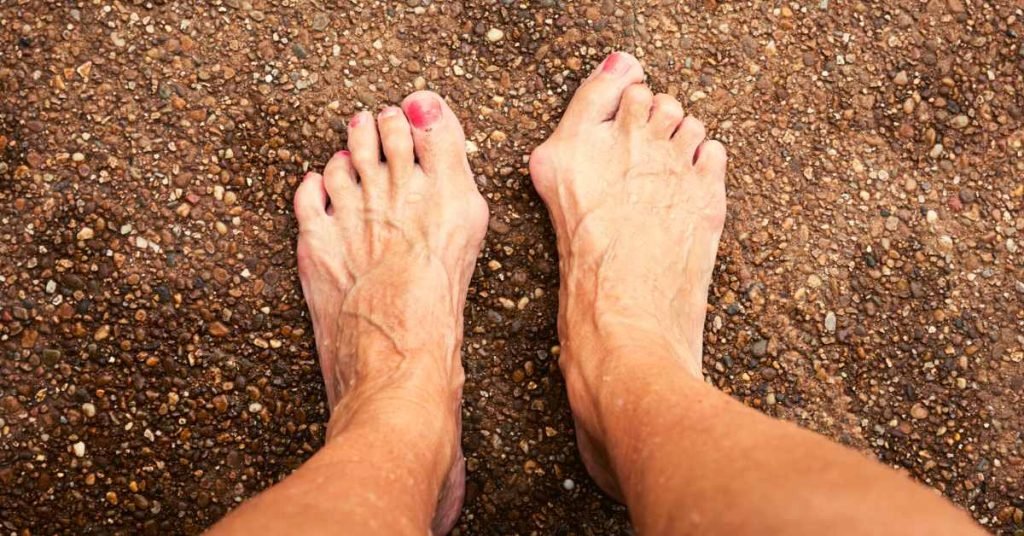
While tea can be a valuable part of your bunion management plan, there are additional strategies to consider for better results:
- Proper Footwear: Choose shoes with a wide toe box and good arch support. Avoid high heels and tight-fitting shoes, which can exacerbate bunion pain.
- Orthotics: Consider using orthotic inserts to provide better foot support and alleviate pressure on the bunion.
- Foot Exercises: Gentle exercises, such as toe stretches and toe separators, can help improve flexibility and reduce pain.
- Ice Packs: Applying ice packs to the affected area can reduce inflammation and provide temporary pain relief.
- Consult a Specialist: If your bunions are causing severe pain or interfering with your daily activities, consult a podiatrist. They can provide advice on conservative treatments or surgical options.
Final Word
Bunions can be a source of discomfort and pain, but incorporating tea into your bunion management plan can be a natural and soothing way to alleviate some of these symptoms.
Teas with anti-inflammatory and pain-relieving properties, such as chamomile, turmeric, ginger, and willow bark, can be particularly beneficial.
Additionally, maintaining proper footwear, staying hydrated, and practicing good foot care can all contribute to a more comfortable life for those dealing with bunions.
Remember that while tea can provide relief, it’s not a substitute for professional medical advice and treatment when necessary.
MEDICAL DISCLAIMER
Itsnevernotteatime.com cannot and does not contain medical/health advice. The medical/health information is provided for general and educational purposes only and is not a substitute for professional advice.
